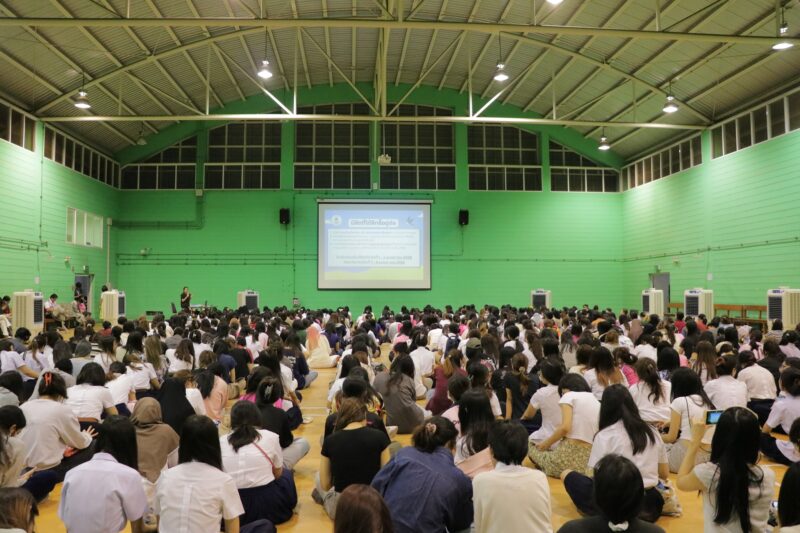Thailand accomplishes a world-first in carbon credit trading from community wet waste.
Photo by Giorgio Trovato on Unsplash
The Ministry of Interior, together with UN Thailand, along with network partners from the private sector led by The KASIKORNBANK Public Company Limited, which supports Thailand’s transition and community’s movement towards a “carbon neutral society”, announced the successful first carbon credit trading by local administrative organizations in 4 pilot provinces in Thailand. After motivating people to participate and take responsibility for society by separating waste and using wet waste bins to reduce global warming, the waste was able to be converted into village and community funds at a price of 260 baht per ton. In the first phase, 3,140 tons of carbon dioxide equivalent were traded and delivered, valued at over 800,000 baht. This income from the sale of carbon credits will be returned to the people and households who own the credits, to be used as capital for community-approved project development in their areas.
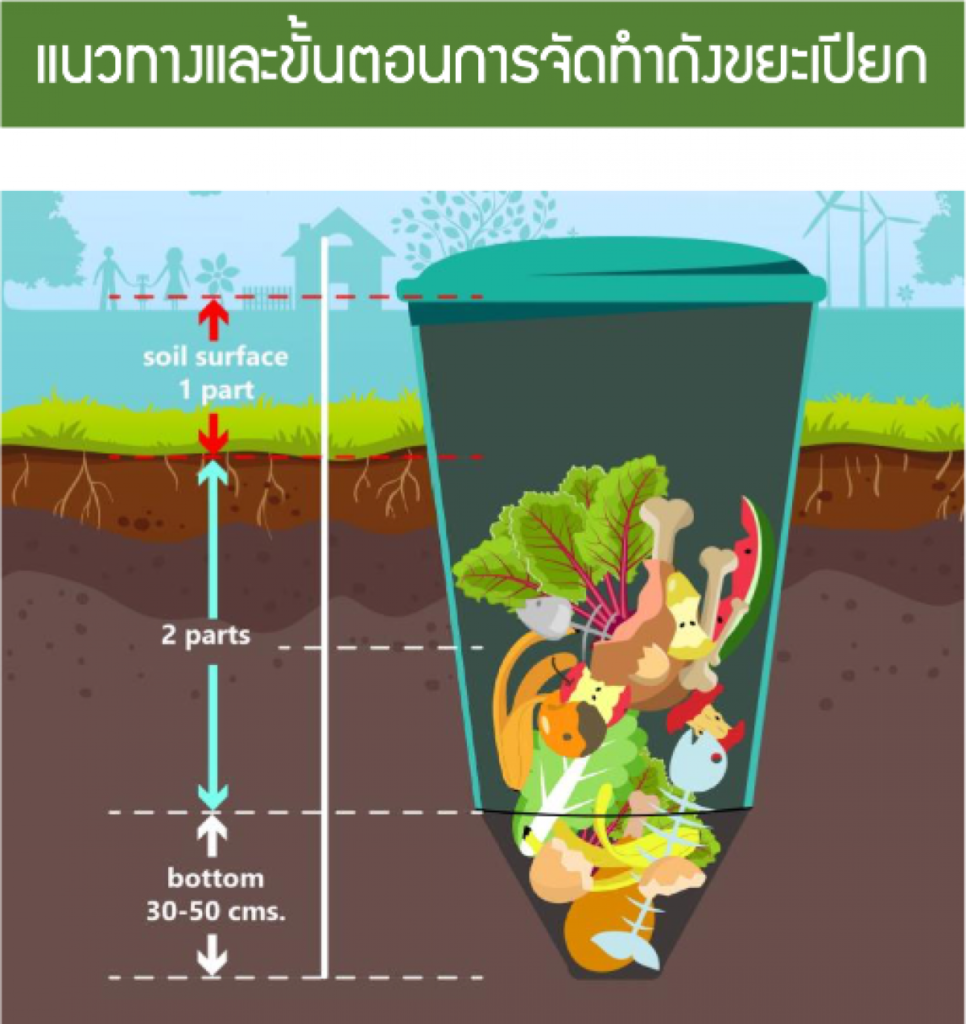
Department of Local Administration, the Ministry of Interior has worked with Chulalongkorn University on this wet waste garbage project to cut down on global warming for a decade. It defined the scope of problems and impacts in all dimensions, set and laid down a roadmap leading to solutions, and developed an open wet waste garbage model for further development into a “wet waste garbage to reduce global warming”. Moreover, Chulalongkorn University, under the leadership of Professor Dr. Chanathip Pharino from the Department of Environmental Engineering, Faculty of Engineering, has collaborated with Thailand Greenhouse Gas Management Organization (TGO) to formulate policies and certify research methodology for the management of waste from wet waste garbages to reduce global warming. This allows TGO to certify carbon credits together with external agencies. It is also the world’s first time that a carbon credit benchmark can be created from community wet waste as a base for driving the circular economy, promoting greenhouse gas reduction at the household level through an integrated mechanism of state and civil society. It also promotes public participation in concrete greenhouse gas reduction as well.
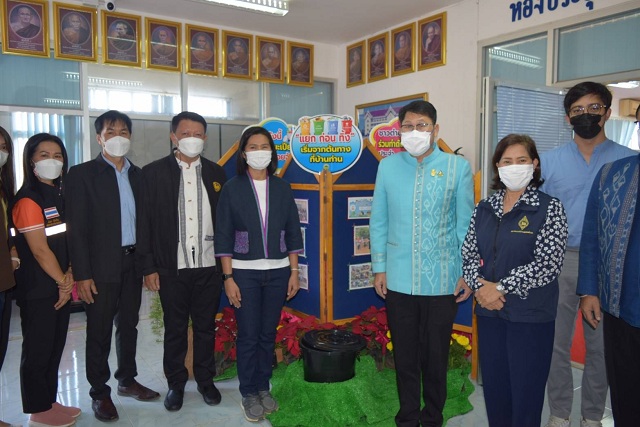
A statement of intent to promote community sustainability was signed on June 6, 2022, by UN Thailand and the Ministry of Interior. The implementation and collaborative efforts of the 76 province governors, 878 district chiefs, and 7,255 subdistrict headmen were decided upon as a policy. Four pilot provinces—Lamphun, Samut Songkhram, Loei, and Amnat Charoen—were able to declare success after a year. These provinces will grow to 26 provinces in total by 2023, when they extend to another 22 provinces. From this wet waste, Thailand is expected to be able to recover more than 2 million tons of carbon dioxide equivalent.
The waste separation project, which acts as a “SDGs accelerator” to assist the nation in moving towards a circular economy in accordance with the national agenda on Bio-Circular-Green Economy: BCG (Bio-Circular-Green Economy Development), was praised by Ms. Gita Sabharwal, UN Resident Coordinator in Thailand. The launch of the first carbon credit trading is a significant step towards the comprehensive local implementation of the Sustainable Development Goals (SDGs), which involve the public and private sectors, 14 million households, 76 provincial governors, the Ministry of Interior, bank executives, and the UN. “The crucial aspect involves advocating for the establishment of a concrete and transparent prototype carbon credit trading market within the nation, with the full support of the Thailand Greenhouse Gas Management Organisation.”
Chulalongkorn University is proud to be part of Thailand’s announcement of the world’s first carbon credit trading from community wet waste. This will help the local economy while also making people more aware of the need to protect the environment and changing the way people across the country separate their trash at home and in the community.
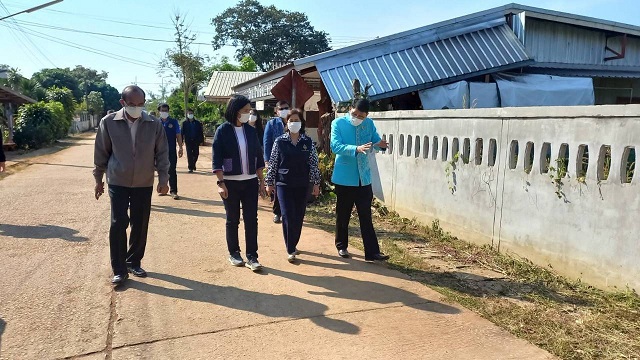
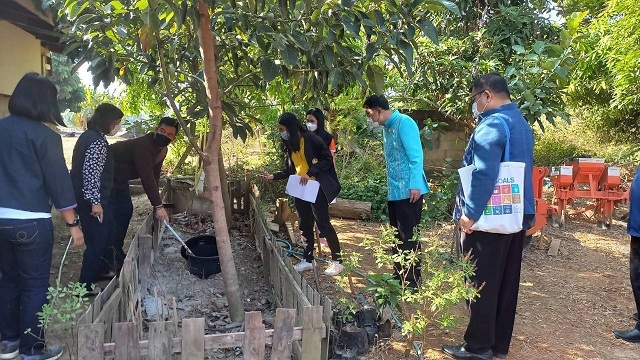
Participation in the progress review meeting on the Ministry of Interior’s implementation of the Sustainable Development Goals (SDGs) with the Permanent Secretary of the Ministry of Interior, the President of the Ministry of Interior Housewives Association, senior executives of the Ministry of Interior, and the United Nations Resident Coordinator in Thailand.
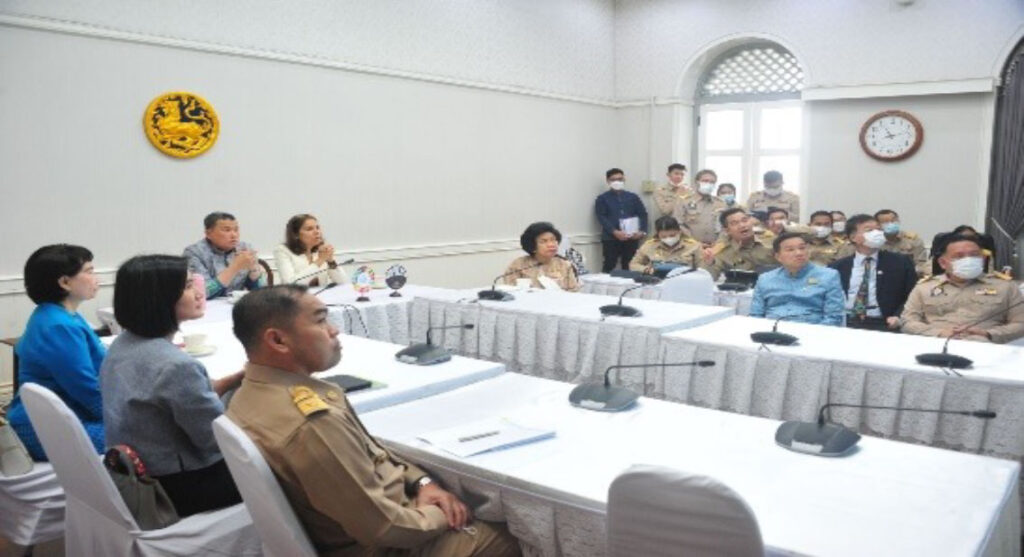
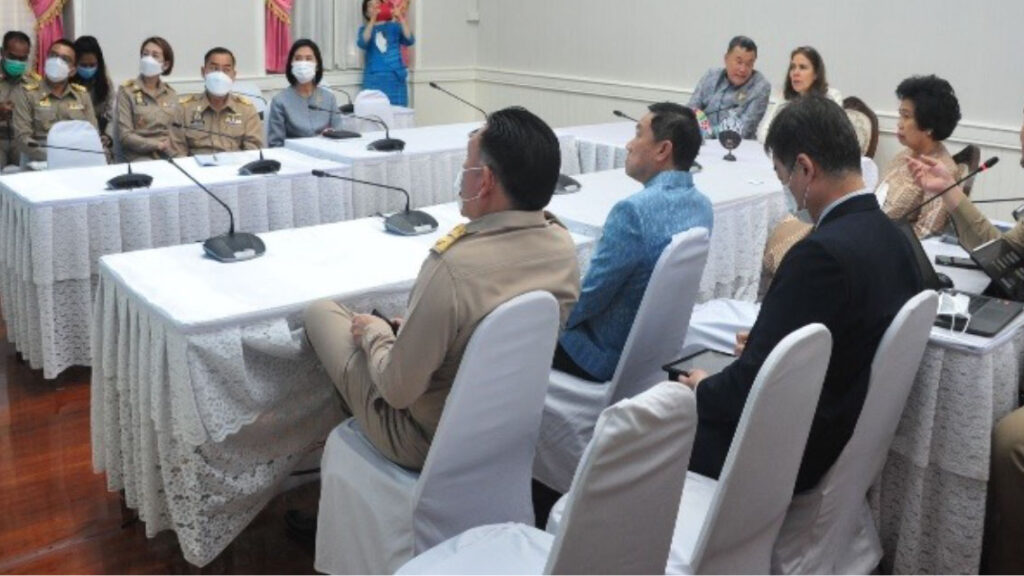
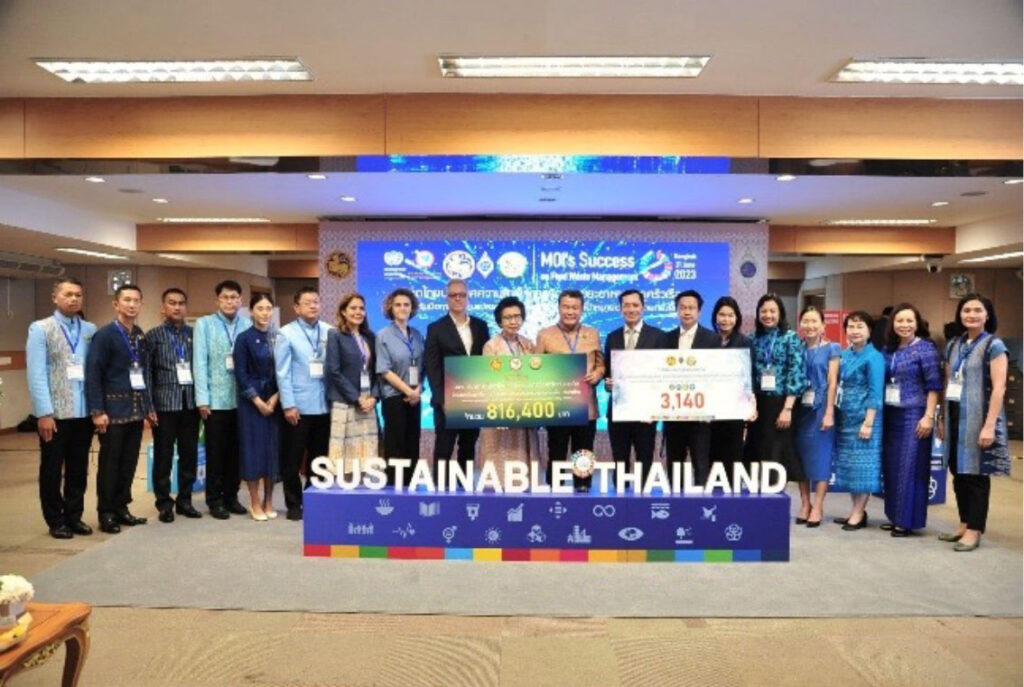
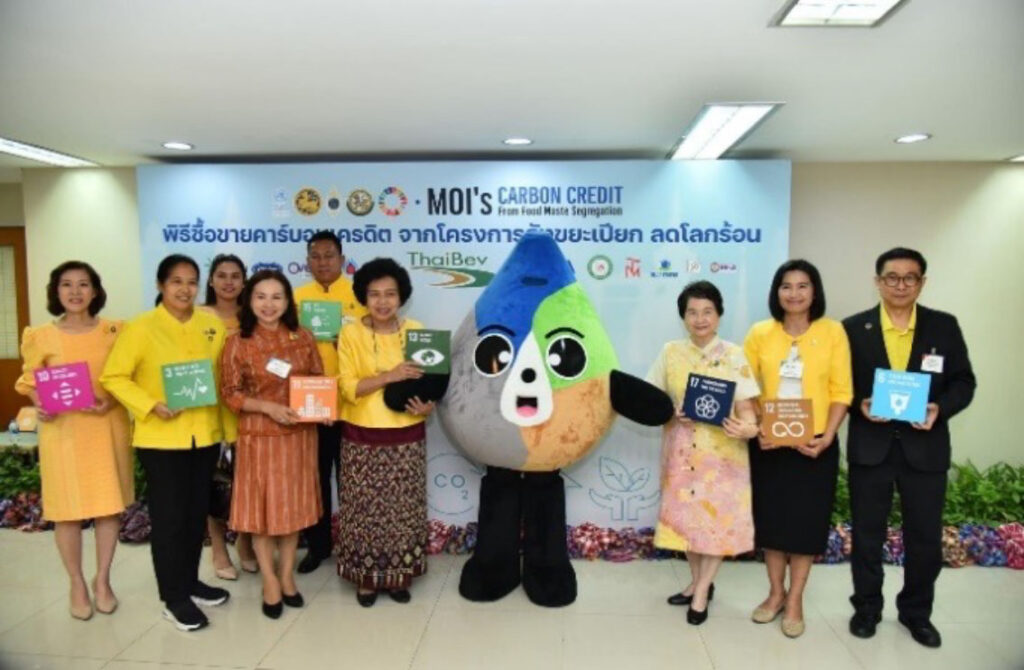
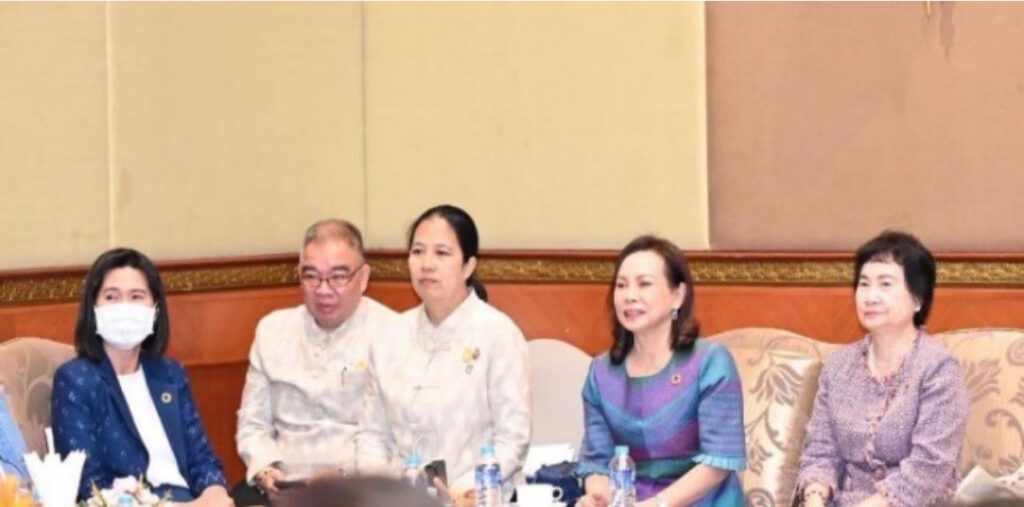
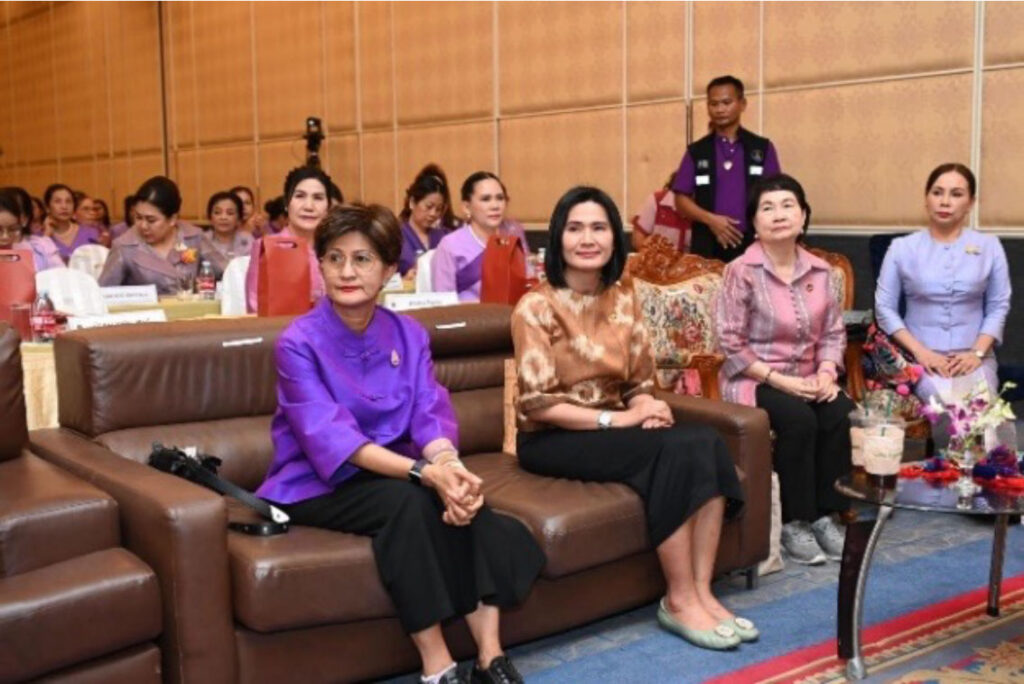
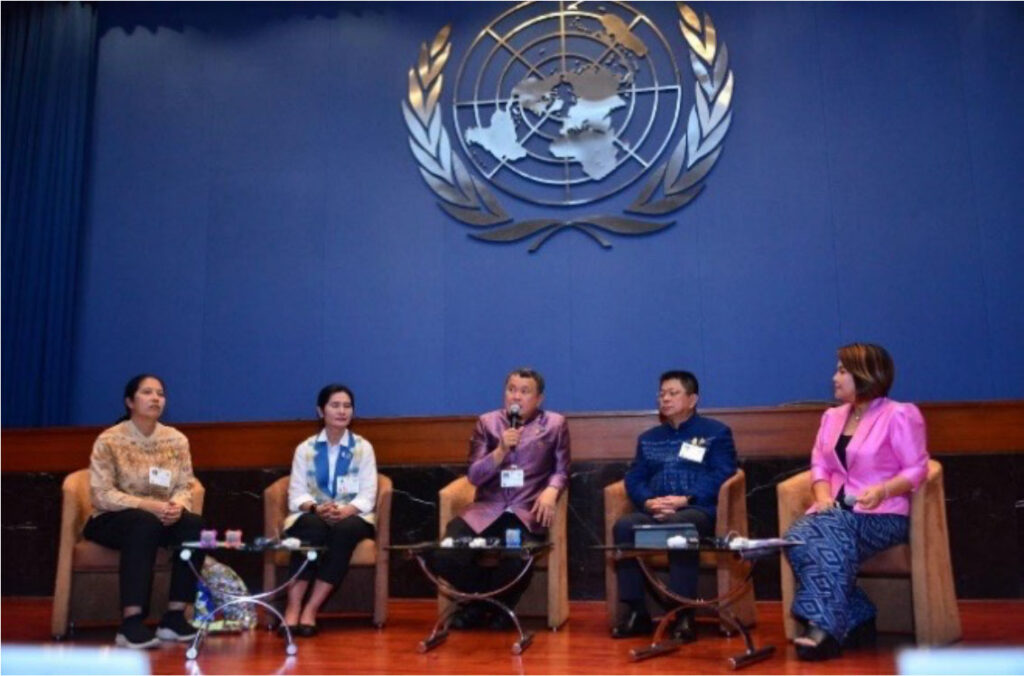
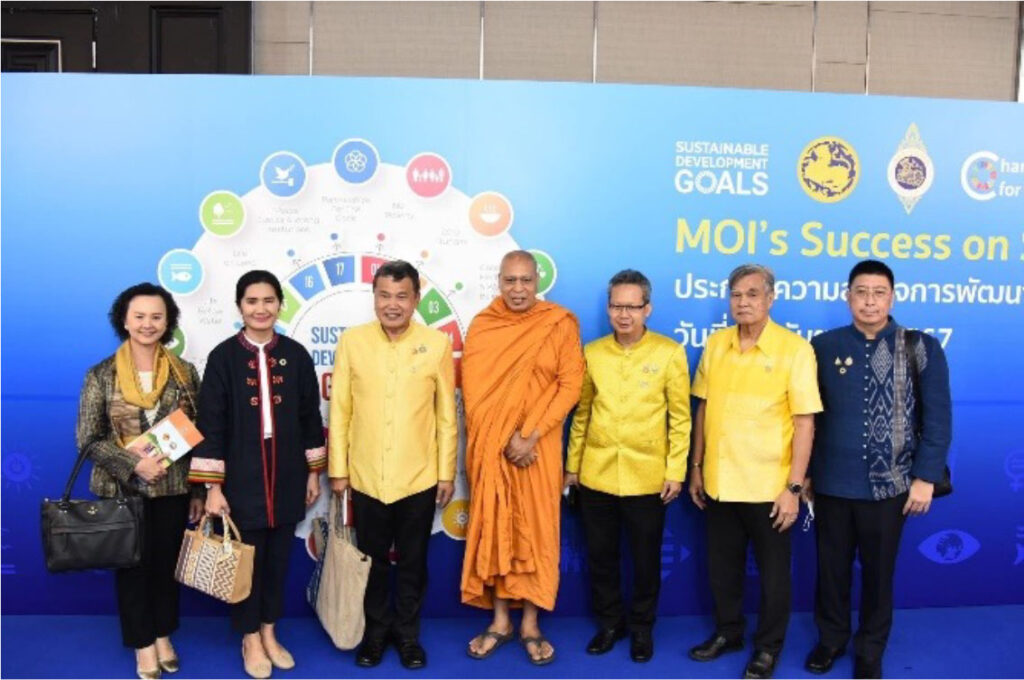
BY
Faculty of Engineering, Chulalongkorn University
Related articles:
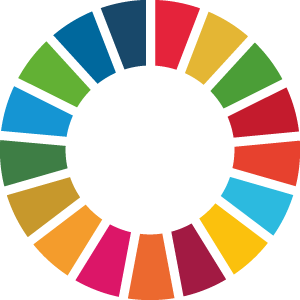
Related SDGs
Others


